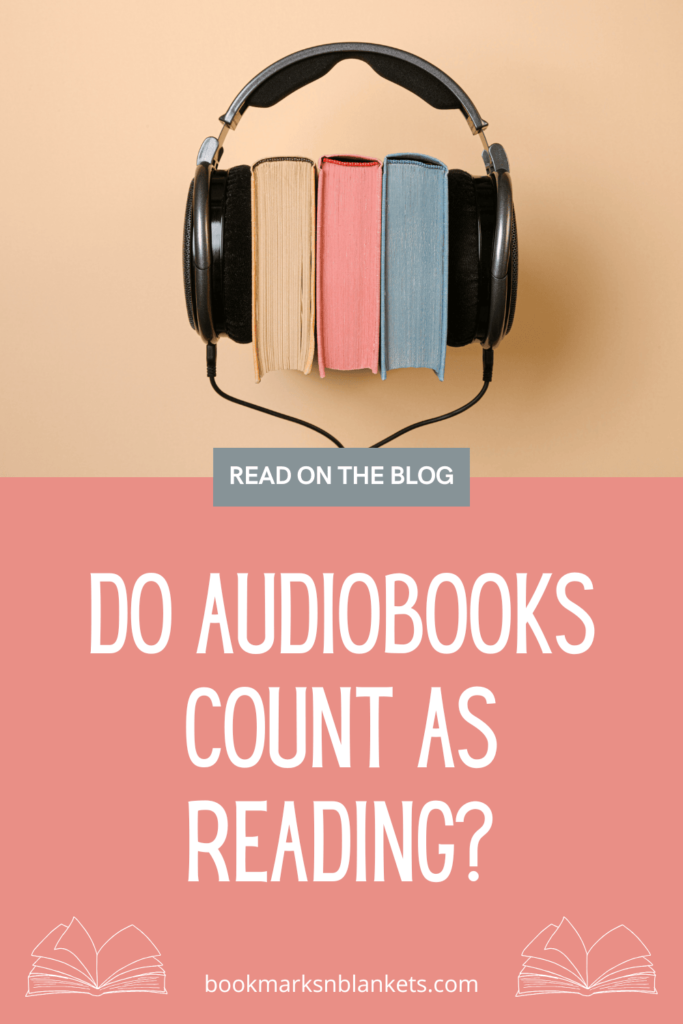Imagine this: you’re at a dinner party (or maybe just scrolling through social media), and the topic of books comes up. Someone casually mentions they’ve read 150 books this year. Cue the collective gasp. Then comes the reveal: “Well, actually, most of them were audiobooks.” Suddenly, the room splits into two camps. One side says, “Of course, audiobooks count as reading!” while the other side raises an eyebrow, muttering something about “not real reading.”
So, what’s the verdict? Do audiobooks really count as reading? Let’s dive into this hotly debated topic with an open mind and maybe a little humor.
What Does It Mean to “Read”?
Before we start, let’s tackle the elephant in the room: what even counts as reading? Traditionally, reading has been defined as visually decoding written words and processing their meaning. It’s a very literal, eyes-on-the-page (or screen) kind of deal. But does that definition hold up in today’s tech-savvy world?
With audiobooks, your ears are doing the heavy lifting. You’re still processing the same words, the same story, and the same emotional rollercoaster—just through a different medium. So the real question becomes: does the way you consume a book change the experience? Spoiler alert: it’s not as clear-cut as it seems.
The Case FOR Audiobooks as Reading
1. You’re Still Absorbing the Content
Whether you’re reading a physical book, flipping through an eBook, or listening to an audiobook, you’re engaging with the same material. The story doesn’t change just because it’s being narrated to you. The plot twists are just as twisty, the characters just as lovable (or hateable), and the prose just as poetic.
In fact, studies have shown that comprehension and retention levels for audiobooks and physical books are pretty similar. So if you’re worried that listening to a book somehow makes you less of a reader, don’t be. Your brain is doing the work, even if your eyes are taking a break.
2. Audiobooks Are Accessible
Audiobooks open the doors of the literary world to people who might not otherwise be able to “read” in the traditional sense. Think about individuals with visual impairments, dyslexia, or other conditions that make reading physically or mentally challenging. Audiobooks are a lifeline, providing access to stories, information, and ideas that might otherwise remain out of reach.
Even for people without specific challenges, life can get in the way of sitting down with a book. Audiobooks fit seamlessly into busy schedules, letting you “read” while commuting, cooking, or working out. Isn’t the goal of reading to enjoy and learn from books, no matter how you get there?
3. It’s a Legitimate Art Form
Let’s not forget that audiobooks often bring something extra to the table: the narrator. A skilled narrator can add depth, emotion, and personality to a story, making it come alive in a way that silent reading sometimes can’t. Think of iconic narrators like Jim Dale (the Harry Potter series) or Julia Whelan (The Women). Their performances elevate the material, turning an audiobook into a dynamic and immersive experience.
The Case AGAINST Audiobooks as Reading (Sort Of)
1. The Multitasking Dilemma
One common argument against audiobooks counting as reading is that people often listen while multitasking. Are you really “reading” if you’re folding laundry or dodging traffic on your morning commute? Critics argue that splitting your attention might dilute the experience and make it harder to fully engage with the material.
But let’s be real: how many of us have zoned out while reading a physical book, only to realize we’ve been staring at the same paragraph for five minutes? Distraction happens with any format. Whether you’re skimming a page or replaying a chapter, it’s all part of the reading journey.
2. The “Effort” Factor
Another critique is that audiobooks require less effort than traditional reading. With a physical book, you’re actively decoding words and sentences, which some people view as an essential part of the reading process. Listening, by contrast, can feel more passive.
But is that really a bad thing? Just because audiobooks are more convenient doesn’t make them less valid. In fact, their ease of use is what makes them such a popular and practical option for so many people.
The Middle Ground: It’s All About the Experience
Here’s the thing: whether or not audiobooks “count” as reading might come down to how you personally define the experience of reading. Are you in it for the story? The knowledge? The emotional connection? If audiobooks give you those things, why wouldn’t they count?
On the flip side, if you’re someone who values the tactile experience of holding a book or the visual joy of seeing words on a page, audiobooks might not feel quite the same. And that’s okay, too! Different strokes for different folks.
Let’s Bust Some Myths
Myth #1: Audiobooks Are Cheating
Nope. Not even close. Audiobooks are just a different way to consume the same content. They’re not a shortcut or a lesser form of reading; they’re an equally valid option. Plus, let’s be honest: does anyone really “cheat” at reading? It’s not a competitive sport.
Myth #2: Listening Isn’t as Intellectual as Reading
Listening to an audiobook can be just as intellectually stimulating as reading. You’re still analyzing themes, appreciating language, and engaging with ideas. If anything, listening can enhance your critical thinking skills by challenging you to visualize scenes and interpret tone without visual cues.
Myth #3: You Can’t Call Yourself a Reader if You Listen to Audiobooks
If you’ve ever enjoyed a book in any format, you’re a reader. End of story. Let’s stop gatekeeping a hobby that’s supposed to bring people joy and connection.
Why the Debate Is Kind of Silly
At the end of the day, the “audiobooks vs. reading” debate misses the point. Books are about stories, ideas, and experiences. Whether you’re holding a hardcover, swiping on a Kindle, or popping in your earbuds, you’re engaging with the written word. That’s what matters.
In fact, isn’t it amazing that we live in a time when books are more accessible than ever? Audiobooks, eBooks, paperbacks, and hardcovers all have their place in the literary ecosystem. Instead of debating which format is superior, let’s celebrate the fact that there’s something for everyone.
The Final Verdict
Do audiobooks count as reading? Absolutely. They might not involve your eyes, but they engage your mind and heart in the same way traditional reading does. So the next time someone asks how many books you’ve read this year, go ahead and include those audiobooks in your tally. You’ve earned it.
And hey, if anyone tries to argue with you, just recommend a good audiobook to them. Maybe they’ll come around. Or at the very least, you’ll introduce them to a great story. Isn’t that what reading is all about?
PIN FOR LATER






